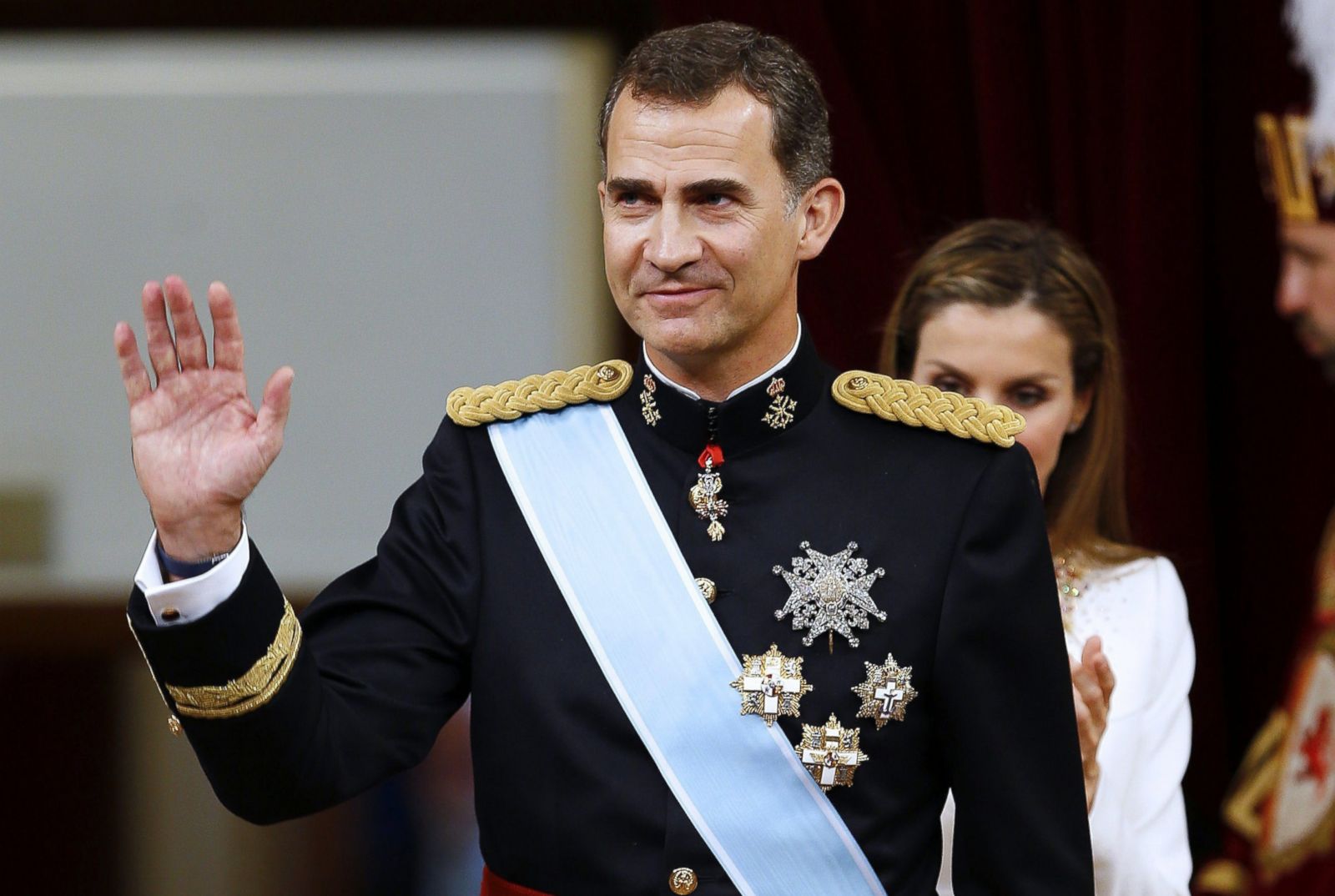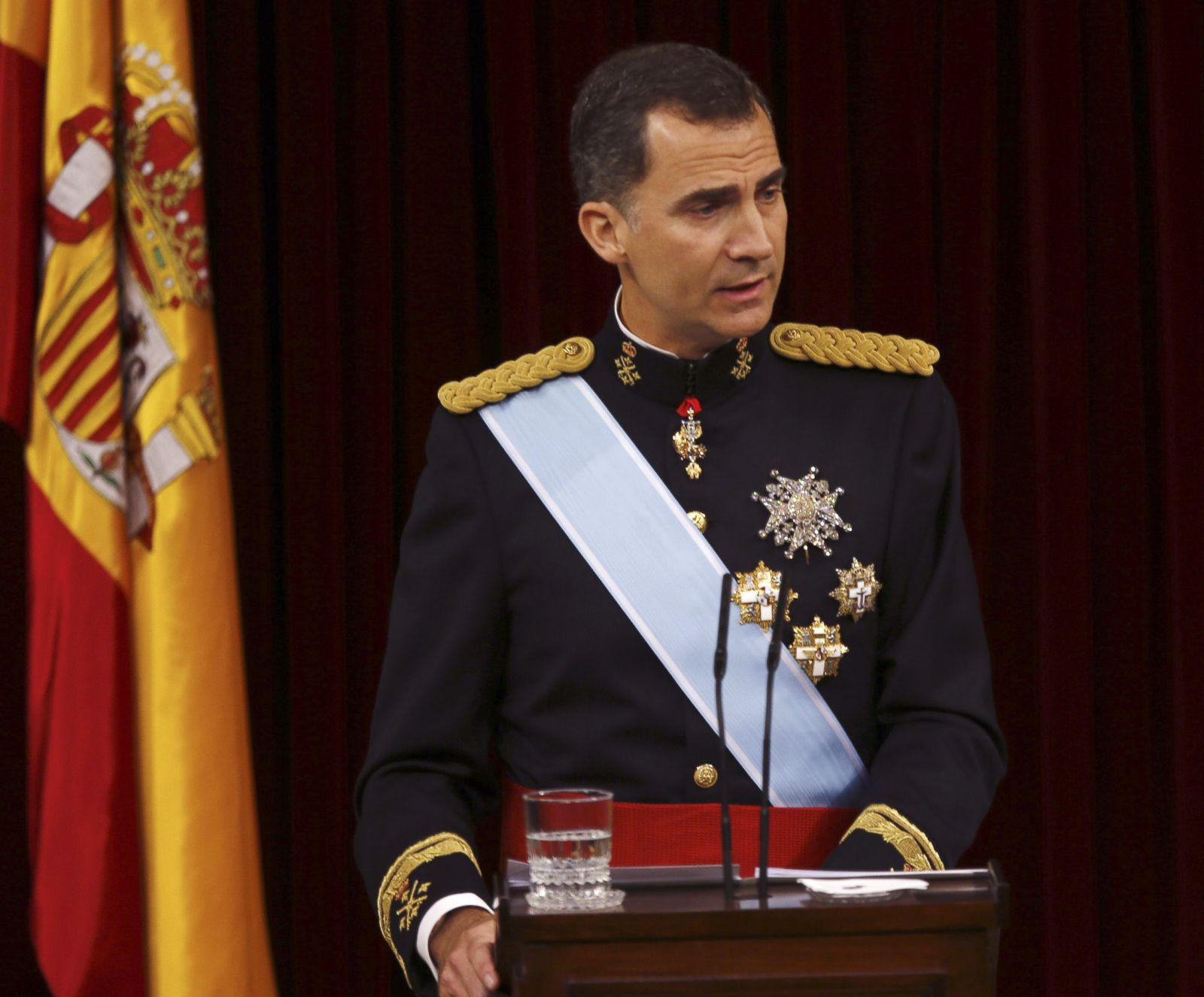The Role of the King of Spain in Modern Society

The King of Spain is the head of state and symbol of the unity and permanence of the Spanish nation. The King’s role is defined by the Spanish Constitution of 1978, which establishes a parliamentary monarchy.
The King has a number of constitutional duties, including:
– Sanctioning and promulgating laws
– Summoning and dissolving the Cortes Generales (Parliament)
– Appointing the Prime Minister and other members of the government
– Representing Spain in international relations
– Commanding the armed forces
The King is also the supreme commander of the Spanish armed forces. He is responsible for ensuring the defense of the nation and the protection of its citizens.
The King’s relationship with the government, parliament, and judiciary is complex. The King is not directly involved in the day-to-day running of the government, but he does have the power to dissolve Parliament and call for new elections. The King also has the power to veto laws passed by Parliament, although this power is rarely used.
The King’s influence on Spanish society and culture is significant. He is a symbol of national unity and pride, and he plays an important role in promoting Spanish culture and values. The King is also a patron of the arts and sciences, and he supports a number of charitable organizations.
The King’s Relationship with the Government
The King’s relationship with the government is defined by the Spanish Constitution. The King is the head of state, but he does not have any real political power. The government is responsible for the day-to-day running of the country, and the King cannot interfere in its decisions.
The King does have some important ceremonial duties, such as opening Parliament and signing laws. He also represents Spain in international relations. However, these duties are largely symbolic, and the King has no real influence on government policy.
The King’s Relationship with Parliament
The King’s relationship with Parliament is also defined by the Spanish Constitution. The King can summon and dissolve Parliament, but he cannot interfere in its debates or decisions. Parliament is the supreme legislative body in Spain, and the King cannot veto laws passed by Parliament.
The King does have the right to address Parliament, and he can use this opportunity to express his views on important issues. However, the King’s speeches are not binding on Parliament, and Parliament is free to ignore them.
The King’s Relationship with the Judiciary
The King’s relationship with the judiciary is also defined by the Spanish Constitution. The King is the head of the judiciary, but he does not have any real judicial power. The courts are independent of the government and the King, and they are responsible for interpreting and enforcing the law.
The King does have the right to appoint judges, but he cannot interfere in their decisions. The judges are independent of the government and the King, and they are responsible for interpreting and enforcing the law.
The History of the Spanish Monarchy

King of spain – The Spanish monarchy has a long and rich history, dating back to the Middle Ages. Over the centuries, Spain has been ruled by a variety of dynasties, each of which has left its own unique mark on the country’s history and culture.
The first major dynasty to rule Spain was the House of Trastámara, which came to power in the 14th century. The Trastámara kings were responsible for unifying Spain and expanding its territory, and they also played a major role in the Reconquista, the centuries-long struggle to drive the Moors out of Spain.
The House of Habsburg
The House of Habsburg succeeded the House of Trastámara in the 16th century. The Habsburg kings were some of the most powerful monarchs in European history, and they ruled over a vast empire that included Spain, Austria, and the Netherlands. The Habsburg period was a time of great cultural and economic prosperity for Spain, and it saw the birth of some of the country’s greatest artists and writers, including El Greco, Diego Velázquez, and Miguel de Cervantes.
The House of Bourbon, King of spain
The House of Bourbon came to power in Spain in the 18th century. The Bourbon kings were responsible for modernizing Spain and bringing it into the Enlightenment. They also played a major role in the American Revolutionary War, supporting the American colonists in their fight for independence from Great Britain.
The Modern Monarchy
The Spanish monarchy is a constitutional monarchy, which means that the king or queen is the head of state but does not have any real political power. The current king of Spain is Felipe VI, who ascended to the throne in 2014. Felipe VI is a popular figure in Spain, and he has played an important role in promoting the country’s image abroad.
The King of Spain, a keen tennis enthusiast, has expressed his admiration for the rising star Carlos Alcaraz. Alcaraz, who recently slammed his way to victory at the US Open, has impressed the Spanish monarch with his exceptional skills and unwavering determination.
The King’s admiration for Alcaraz is a testament to the young player’s immense talent and the bright future that lies ahead of him in the world of tennis.
The King of Spain, a man of great power and influence, has been a figure of fascination for centuries. His reign has been marked by both triumph and tragedy, and his story is one that continues to be told and retold.
One of the most interesting aspects of his life is his relationship with Mayar Sherif , a woman who has been both a source of strength and inspiration for him. Sherif is a strong and independent woman who has achieved great success in her own right.
She is a role model for women everywhere, and her story is one that is sure to inspire generations to come. The King of Spain is a lucky man to have her in his life, and his reign is sure to be remembered for centuries to come.